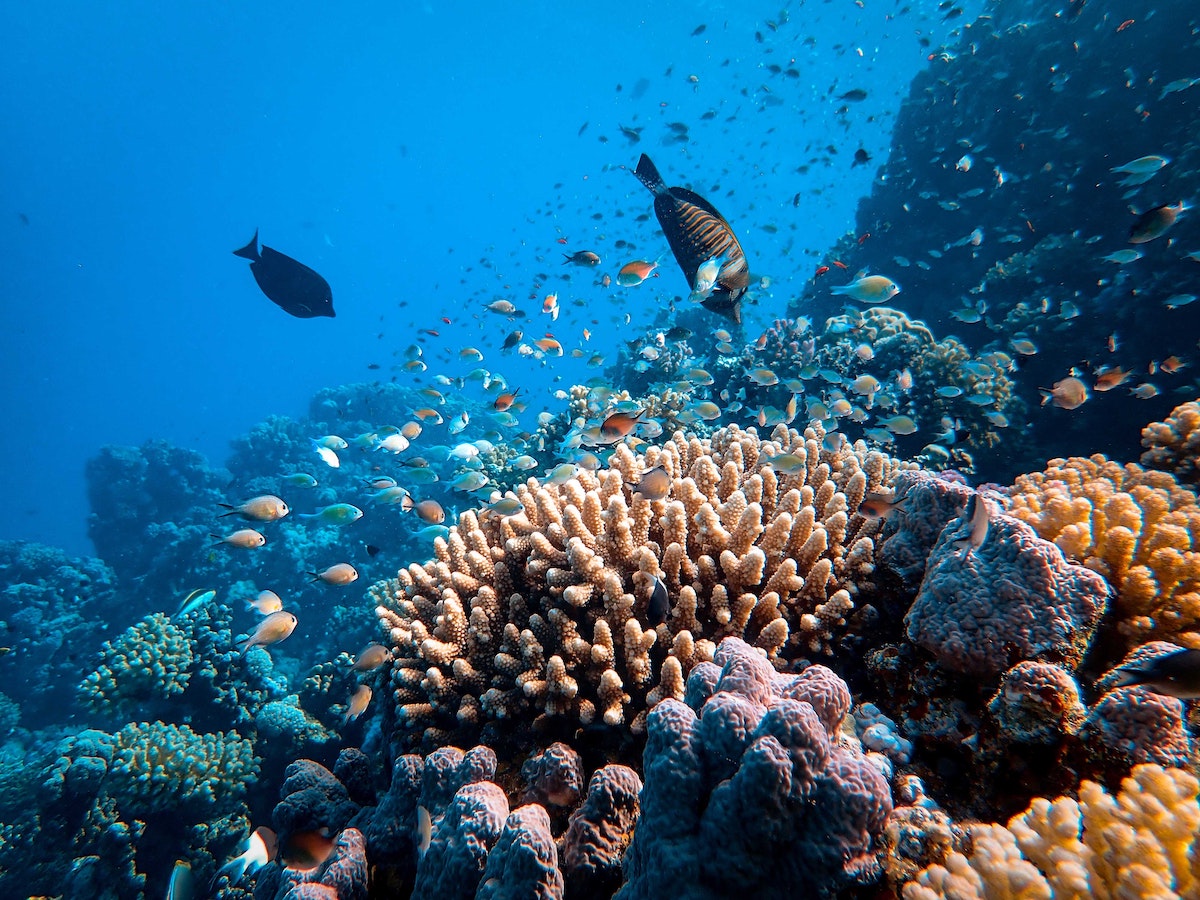-
Research brief: Ekman Streamfunction a strong indicator of overturning circulation strength & variability
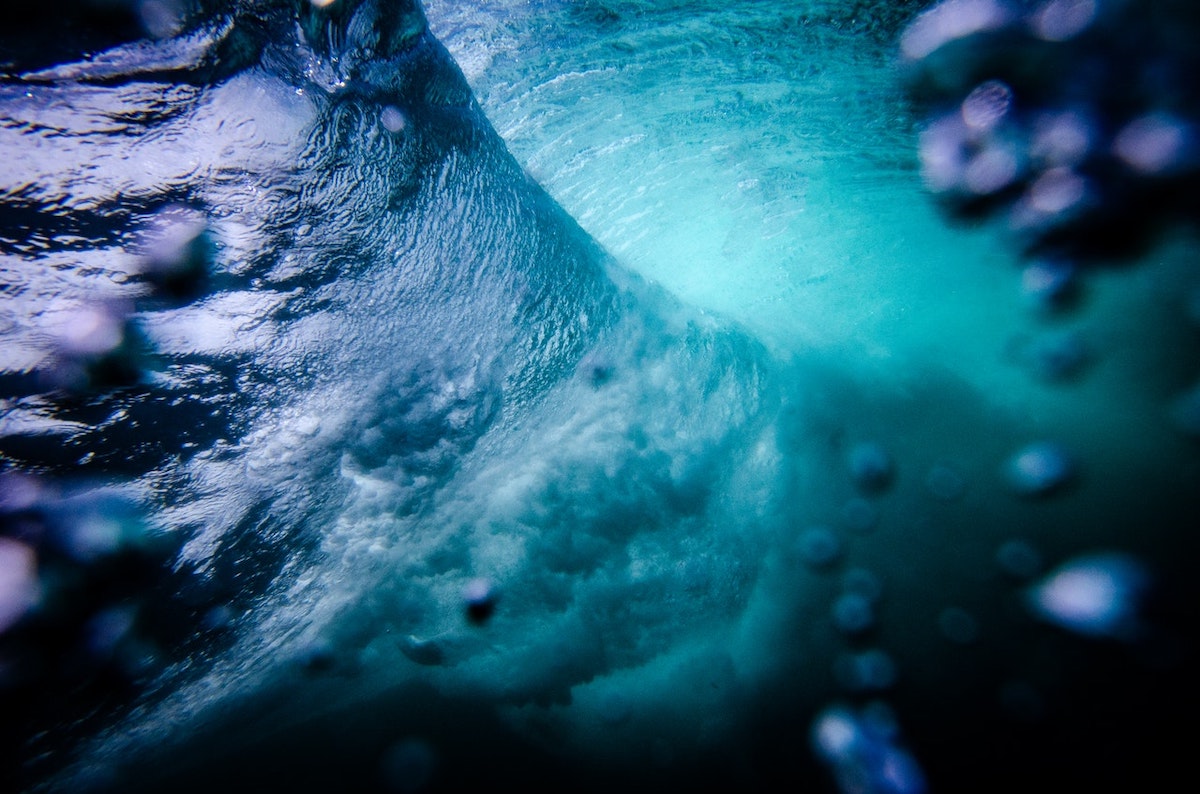
CLEX researchers used a state-of-the-art global ocean-sea-ice model to directly measure the overturning circulation, and through this to examine the relationship between the Ekman Streamfunction and the Southern Ocean overturning circulation.
-
Research brief: New comprehensive review of Indian Ocean systems and interactions
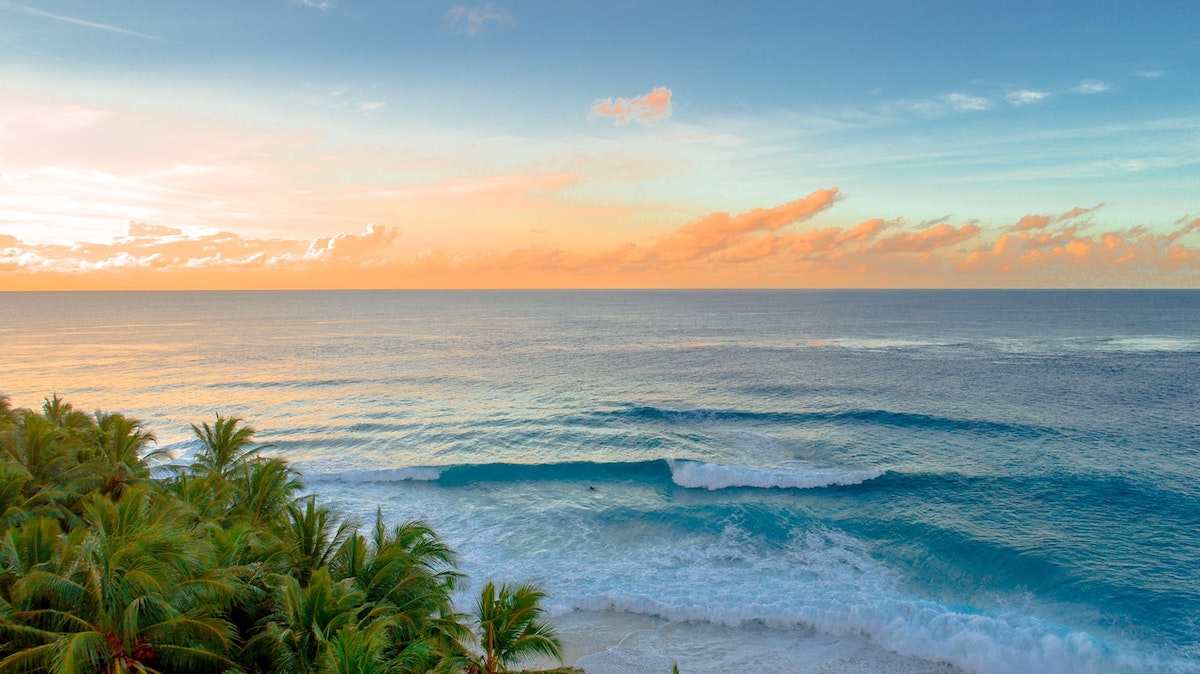
This review brings together a new understanding of the ocean-atmosphere system in the Indian Ocean since the last comprehensive review, describing the Indian Ocean circulation patterns, air-sea interactions and climate variability.
-
Research brief: The path to a sustainable future using marine-based mitigation measures
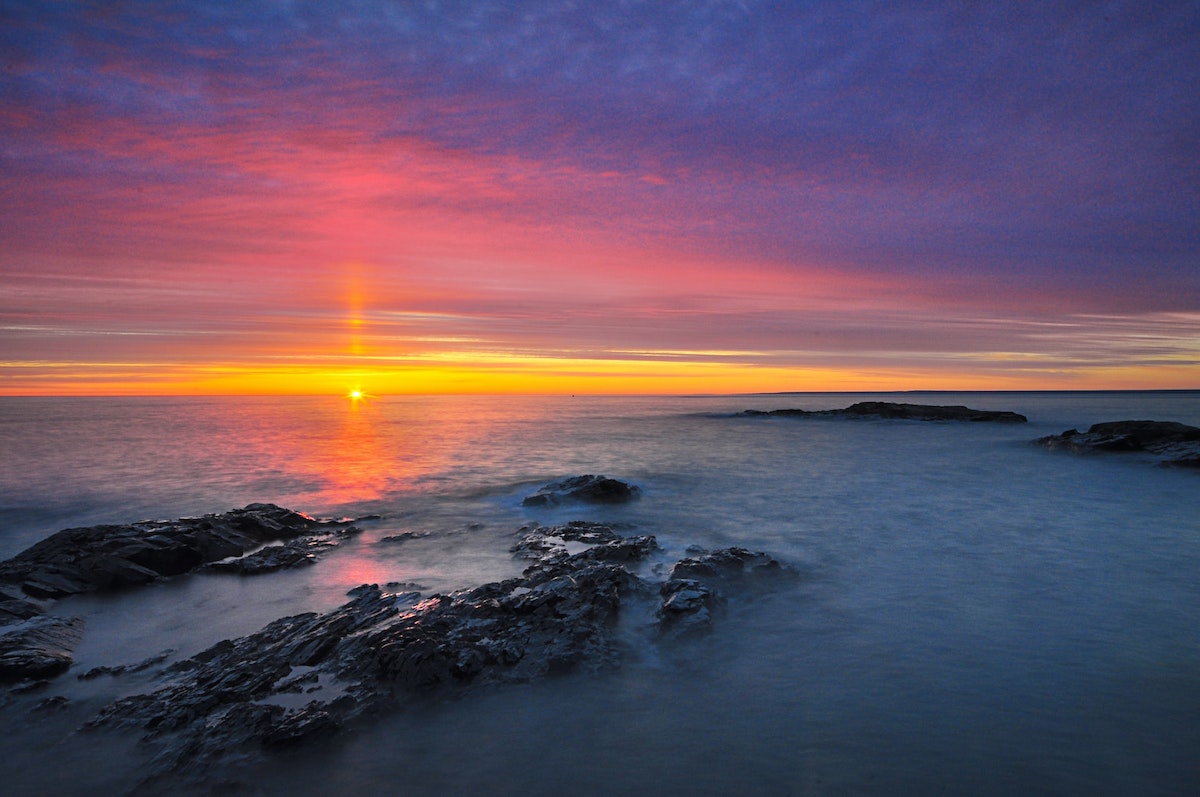
In this paper, as part of the Future Seas project, the researchers built upon previous work by using a foresighting scenario analysis technique to envision two alternative possible futures for society by 2030, in the context of the challenge of climate change adaptation and mitigation.
-
Research brief: Why the 2020 La Nina didn’t lead to a wet Spring in SE Australia
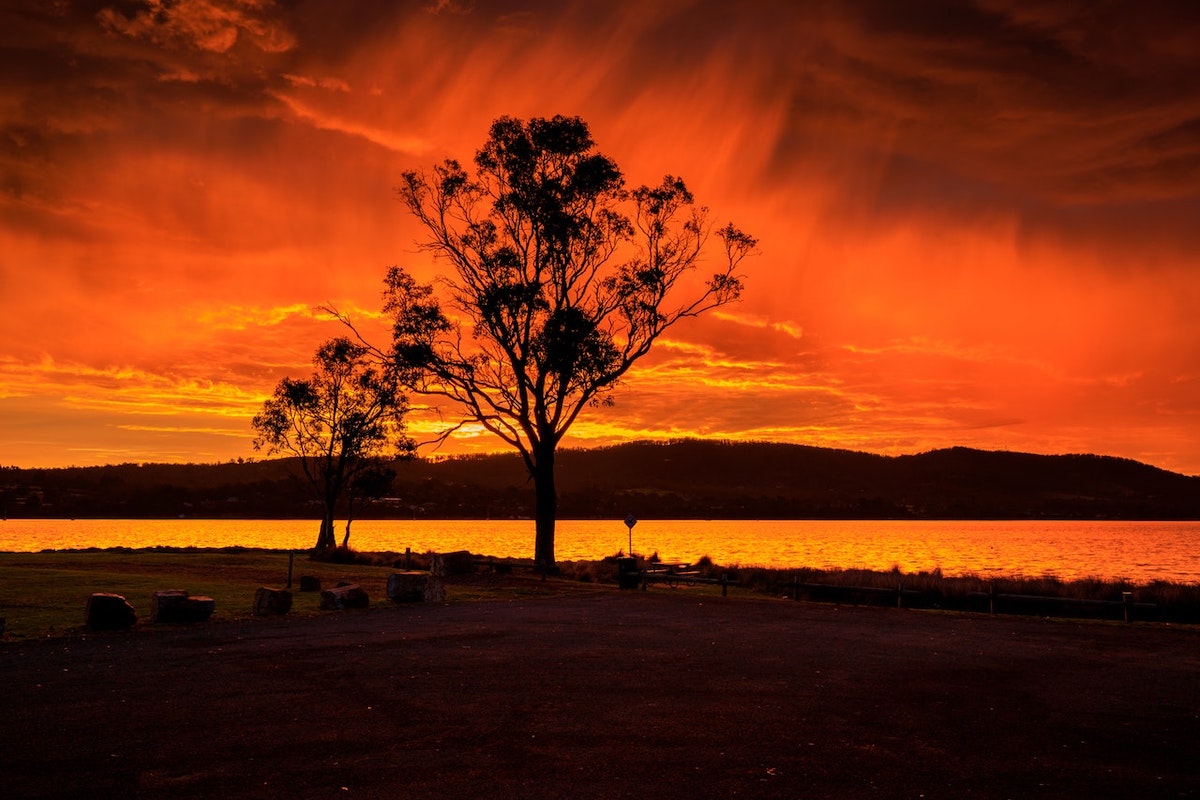
During the 2020 La Nina, many areas of Australia received near average to severely below-average rainfall, particularly during November. CLEX researchers found that several compounding factors contributed to the drier-than anticipated spring conditions.
-
Research brief: backyard weather stations add 2.3m data points to Sydney temperature record
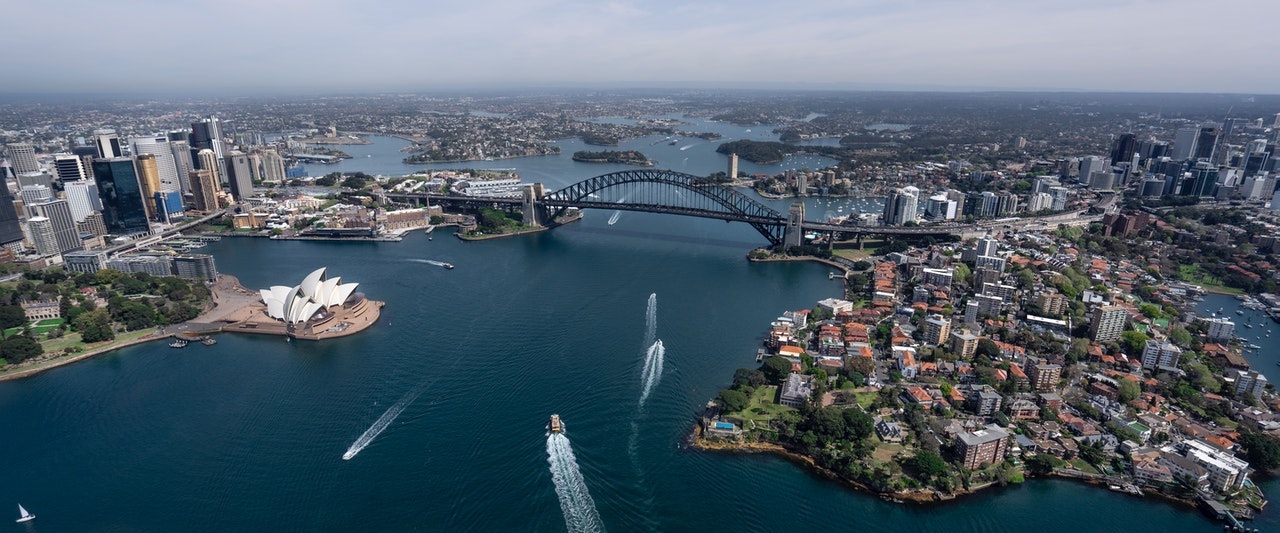
Variability in urban land-use results in microclimatic variability across a city that is not picked up by government weather station networks. Crowdsourced weather stations can fill these gaps.
-
Research brief: Groundwater’s essential role in preserving plant transpiration during drought
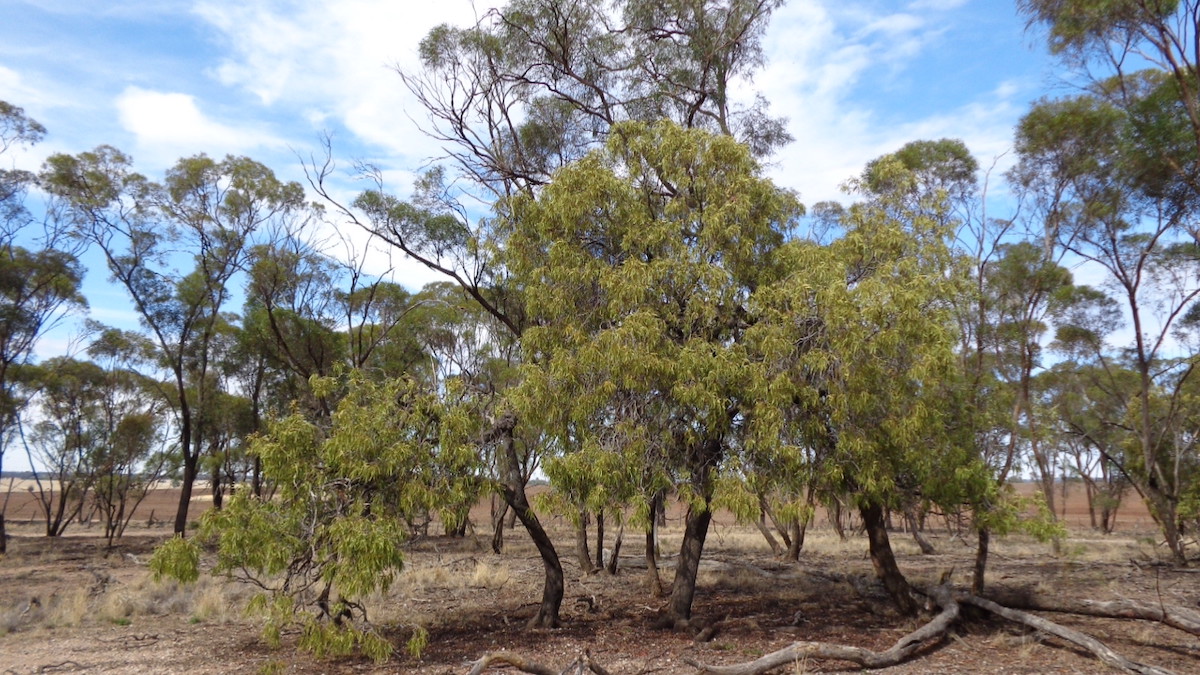
CLEX researchers and colleagues used a land-surface model that considered groundwater dynamics to explain how groundwater sustains transpiration and eases plant heat pressure during the heatwaves that occurred during the Millennium Drought and the 2017-2019 severe drought over southeast Australia.
-
Research brief: How Arctic primary production will alter with climate change

Predicting how much primary production will further increase in the Arctic Ocean in coming decades depends on the interplay between the increase in light for primary producers, as the sea ice extent and thickness decrease, and the availability of food in the form of nutrients, such as nitrate, phosphate, and silica.
-
Research brief: Climate change to cost Pacific tuna fisheries millions
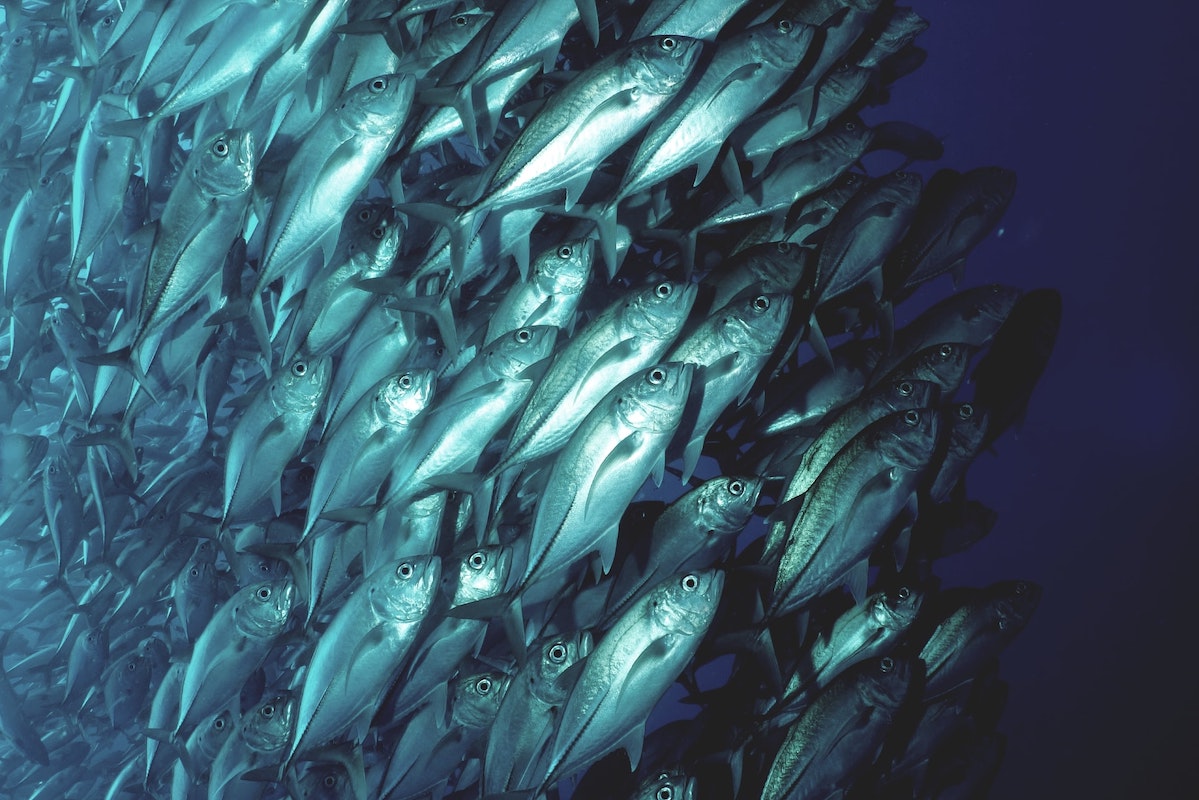
Using model simulations of the movement of tuna distributions across the tropical Pacific subject to projected ocean changes, the researchers found that without strong mitigation efforts, tuna distributions are likely to shift away from island fishing zones.
-
Research brief: Why Melbourne’s worst storms come in lines

It has long been suggested in the literature, and discussed casually by meteorologists, that rainfall in Melbourne often occurs as lines of precipitation. However, this had yet to be quantified. CLEX researchers analysed 15 years of radar data from the Australian Radar Archive, using an objective method to identify and track these ‘linear systems’ based…

